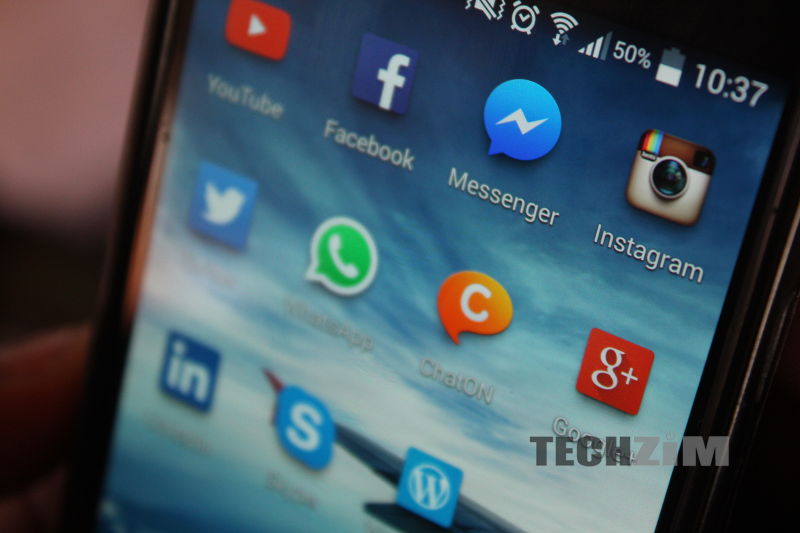Trust is considered an important factor that influences people’s relationship with news. As social platforms such as Facebook or Twitter become major channels for news, many Zimbabweans are trusting these social media platforms more than other channels like newspapers, radios or television.
This is according to a recently conducted survey by Magamba Network and Orange Door Research. The survey completed by 7000 people, asked respondents what they considered the most reliable and honest source of information on political issues.
30% said social media, followed by radio (21%), civil society (20%), newspapers (14%), friends and family (6%), and churches (3%). 5% said none of the above.
Shocking……Zimbabwe is going against the trend
A disproportionate number of studies and surveys in other countries are pointing out that social media is not reliable. Which is why it’s shocking that a good number of Zimbabweans are trusting such platforms.
What could be the reason?
It only takes us going down memory lane to understand why some Zimbabweans are trusting social media. In 2001, Zimbabweans exposure to many media platforms was restricted as the then Minister of Information, Jonathan Moyo introduced a controversial policy dubbed 75% local content. The policy promoted only state-owned media channels to deliver entertainment and (covertly) news. Through this policy, the then government started channeling propaganda. And subsequently, people started to be skeptical about government-owned news channels (including newspapers).
With the advent of 3G internet in Zimbabwe and the increase in the number of mobile phones, people started to rely on the internet to share news and discuss it. Since then some Zimbabweans have relied on social media platforms (like WhatsApp which is cheap to access) for credible information, particularly information on political issues.
And Another reason which is inherent of the social media platforms
Some people on social media trust a story by just seeing the person who shared it. If they respect the person who is posting news or perceive that person as knowledgeable on the subject, it can lend credibility to the story. Zimbabwe has these ‘respected figures’ on social media.
On the other hand, the popularity of the post itself, how many people shared, liked or commented on it, could do more to affect trust, in turn leading people to trust social media.
But what about fake news?
With the rise of fake news, social media is being particularly singled out for criticism as perpetuating this type of news. But social media is only as accurate as the people using it. With all the people posting conspiracies, to which they purport to be true, it can be difficult to determine what one can and cannot trust.
Accordingly, in my opinion, social media is not the best resource for accurate information but the best place to get timely information although sometimes fake.
A glimmer of hope
Many social network providers such as Facebook are increasingly trying to find answers to the problem of fake news by working with fact-checkers to show when stories are disputed before they are shared. So we may comfort ourselves with the hope that one day social media will not be a fake news playground.
But at the moment, while social media may be a common way for people to discover news today, those who use it now should be skeptical of the news and information they find there. Skepticism is wisdom sometimes.
